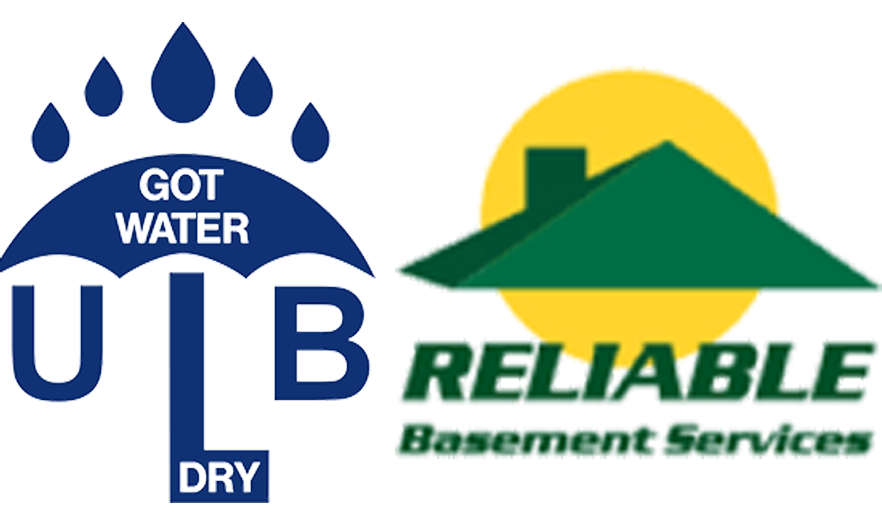
If you’re a homeowner, you know that owning a home can be complicated. It seems like there are always more things you need to think about and repair, and some of them can seem unfamiliar and hard to understand. Of course, you know that your foundation is important, but you probably aren’t familiar with all the terminology that goes along with maintaining a foundation. For instance, do you know what foundation underpinning is? Don’t worry, we’ll explain it.
- Foundation underpinning is a way to strengthen an existing foundation. When underpinning is utilized, the area underneath the load of the foundation is repaired or reinforced, creating a safer, more stable base.
- Underpinning isn’t always an appropriate solution to a foundation problem. Some damages can’t be repaired this way, and underpinning is only used if the foundation can’t completely support the structure that rests on it.
- When is underpinning necessary? It could be that your soil isn’t suitable for the foundation of a building. Even if the soil was good when the house was built, it may have changed over time. On the other hand, the original foundation of the building may have been poorly constructed or may have shifted over time. If the usage of the structure is going to change, underpinning may be required, and it may also be necessary a new structure is being built using an existing foundation.
- There are different types of underpinning methods. One traditional method is mass concrete underpinning. This is a method best suited for shallow underpinning, and it involves digging the weak soil out from under the foundation and replacing it with concrete, in order to support the building more efficiently. The beam and base method uses a traditional mass concrete base but incorporates beams to support the foundation that already exists. The beam transfers the load to the base, which offers allows the foundation to be supported evenly. In mini-piled underpinning, the load of the structure and foundation is transferred to stable soils underground, at a depth of more than 16 feet.
- Regardless of the type of underpinning, temporary support will be necessary. Depending on the weight that needs to be supported, wooden or steel beams may be used for support until the underpinning is completed.
If you have issues with your foundation that you believe may require underpinning, ULB-DRY Waterproofing can help. A family-owned and operated company, we’ve served the greater Chicagoland area for more than ten years. We offer a full spectrum of basement services, charging reasonable rates for work that includes crack repairs, sump pump systems, basement waterproofing, basement windows, and floor repair. Our consistently high standards have made us an award-winning Chicago basement waterproofing contractor and earned us thousands of satisfied customers all over Chicago. For more information, call (708) 978-7558 or visit our website for a free quote.





